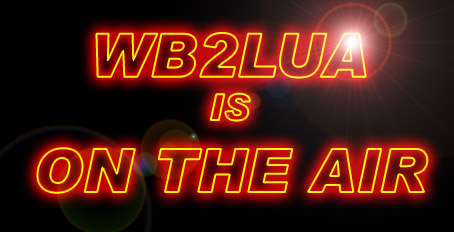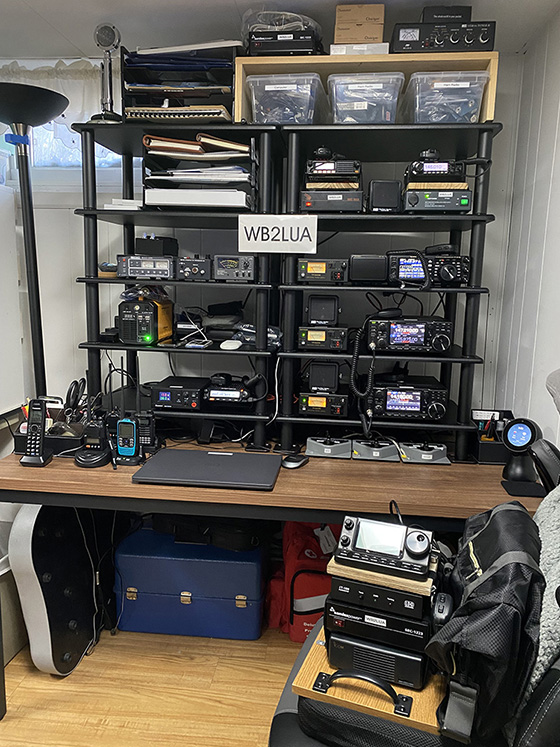|
WB2LUA - Amateur Radio
|
|
|

|
|
|
|
Sponsored by www.allocca.com
Neurochemical Reprogramming for Migraine, Depression, and Other Neurotransmitter Problems Imagine Feeling Better Every Day!
|


|
Amateur Radio Emergency Preparedness
Click to Download Free Emergency Communications Guidebook/Course (pdf) Every major disaster throughout the entire world represents sudden local emergency conditions where loss of life, limb, property, necessary resources and even the ability to call for help have been forced upon people somewhere. When a news story breaks and we hear about it in the midst of our daily lives, the story is about the event itself and the extensive upset to life at the scene. However, somewhere in those initial reports, you often hear that it was some local ham radio operator who was first able to re-establish communications and get out the call for help. They're frequently first, they're usually there, and they always get the job done! In our country, these reliable, highly trained, and dedicated amateur radio or "ham" radio operators are the your friends and neighbors. Amateurs they are, as they receive no pay or compensation for the services they eagerly provide in times of crisis. The pure satisfaction of provisioning extremely effective civil emergency communications is their fulfilling reward. Ham radio operators provided communications downtown on September 11, 2001 when the WTC disaster knocked out electricity, radio and television, and even NYC emergency communications! Amateur Radio Operators re-established communications within the first few hours. And that was right here at home! Amateur Radio ("ham") Operators are trained and skilled in many aspects of communications and radio technology in order to pass the FCC licensing examinations to earn their licenses and radio "call sign." In very real terms, they are anything but amateur in the performance and utilization of their skills. They own and maintain their own radio equipment and are responsible for all aspects of the operation of their radio stations, whether it is from a fixed base location, a mobile or portable station, or from aircraft or marine locations. Hams have built, orbited, and operated their own satellites since 1961, only 4 years after the world's first satellite, Sputnik, blazed the skies. Hams are for real, and they are an incredibly valuable asset to the world, all the time! Ham radio (Amateur Radio) is inherently frequency agile, readily portable, typically independent and self contained, therefore ideal for emergency dependability. Many hams are able to pick up and go, and set up communications on a moment's notice from almost anywhere. Many do just that for the enjoyment of it. You'll see hams in the parks and around towns providing supporting communications for public events like parades, marathon runs, etc. Such events are easy practice for hams, yet major events like the Boston Marathon and the New York Marathon critically depend on them because hams get it done. Amateur radio is also fun. From voice to digital to TV, there are many different modes to choose from. Talk to your friends and make new friends. There are also many repeaters in our area. One can reach Florida from New York using a handheld transceiver. There are several levels of amateur radio licensing from basic to advanced. The FCC eliminated the morse code section of the exam, making the examination process easier. There is likely an Amateur Radio Club in your area who can help you study for the exam and periodically offer the exams. |